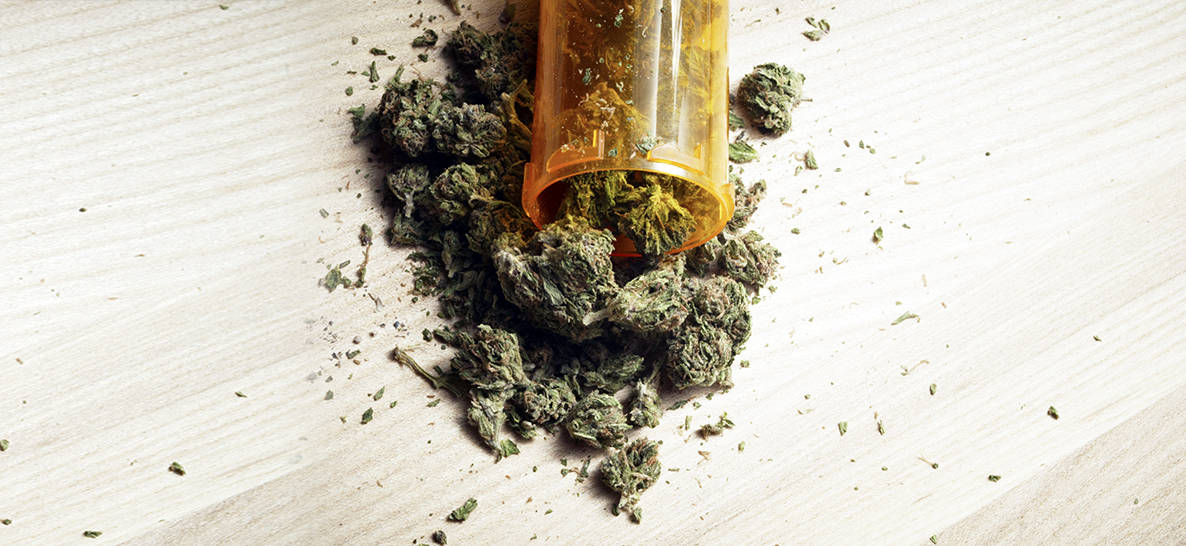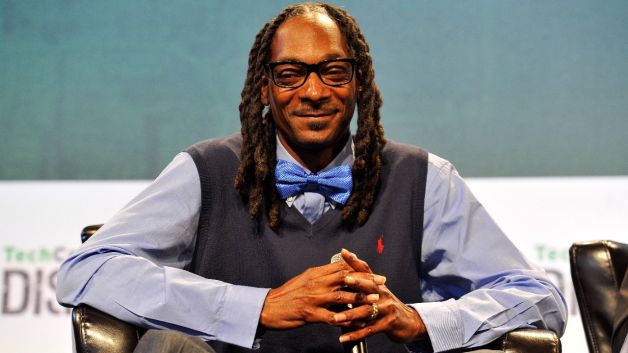
This summer, the Drug Enforcement Administration will consider a move that may turn the tide of how people think about marijuana. In a letter to eight lawmakers, DEA officials said that this summer, they would consider reclassifying marijuana, possibly making it no longer a “Schedule 1” controlled substance.
This is, potentially, a huge deal. One that even has deep social justice implications.
What Is a Schedule 1 Drug?
The DEA says that Schedule 1 drugs—like Heroine, LSD and Ecstasy—have a “high potential for abuse,” “no currently accepted medical treatment” and there is a “lack of accepted safety for use of the drug or substance under medical supervision.”
When it comes to marijuana, all three of these criteria are disputed by critics and advocates of decriminalization.
The reason why the classification is so significant, is because if a drug is labeled “Schedule 1,” that means it is almost impossible to do any sort of legal clinical research on the drug, and no (technically legal) prescriptions can be written.
Unlike Schedule 2 drugs (like stuff you can get from a pharmacists or hospitals including acetaminophen/hydrocodone, ibuprofen/oxycodone and morphine), Schedule 1 drugs are viewed as dangerous, and the legal penalties for possessing them can be steep.
Even though the DEA still classifies marijuana as having no medical benefits, lawmakers across 24 states have disagreed, making pot available for a variety of uses—mostly medical ones.
Not only do countless doctors disagree with the DEA about marijuana, even states that are supposed to be under DEA regulation are essentially ignoring it in favor of what they view as more common sense measures.
But beyond bringing federal law closer to being in line with many states’ laws, the reclassification could also be one step closer to undoing one of the country’s great social injustices: mass incarceration.
A Tainted Law?
To understand marijuana’s link to mass incarceration—particularly through laws that target minorities—it’s important to understand the strange legal history of marijuana in the United States.
In the 1970s, President Richard Nixon helped create the Controlled Substances Act and the Drug Enforcement Administration that enforced it. After “temporarily” placing pot in the most dangerous category of the new designations—Schedule 1—a report was commissioned by the White House itself that would find out more about the dangers of the drug.
The Shafer Commission, however, came back with the opposite results. Their research, led by Pennsylvania Governor Raymond Shafer, recommended that not only should marijuana not be categorized as a “Schedule 1” drug, but even suggested that possession should be decriminalized.
They essentially wrote that there were widespread misconceptions about marihuana’s (as they spelled it) dangers:
Although based much more on fantasy than on proven fact, the marihuana “evils” took root in the public mind, and now continue to color the public reaction to the marihuana phenomenon … It has been astutely observed that any statement frequently repeated in public assumes the status of fact. With so many people continually arguing about marihuana, the public has understandably become alarmed and confused.
Remember, this is from a report commissioned by the same government who was attempting to make marijuana-related offenses serious crimes.
Curiously, the Nixon administration—who commissioned the report—ignored the years of research, and kept marijuana very illegal.
We now may know part of their motivation for doing so.
In a recently unearthed interview between Nixon’s Assistant to the President for Domestic Affairs John Ehrlichman and Harper’s magazine from the mid ’90s, the advisor admitted that the law’s targeted groups that Nixon saw as political and ideological rivals. As Scientific America also notes, He reportedly said:
We knew we couldn’t make it illegal to be either against the war or black, but by getting the public to associate the hippies with marijuana and blacks with heroin. And then criminalizing both heavily, we could disrupt those communities. We could arrest their leaders. raid their homes, break up their meetings, and vilify them night after night on the evening news. Did we know we were lying about the drugs? Of course we did.
Since the release, Ehrlichman’s children have questioned the quote and a former colleague suggests that he was joking (though the reporter stands by their sincerity, suggesting that the late official was seeking atonement).
Whether or not legislation related to “The War on Drugs” intentionally targeted some minority communities or not, in the decades since, the results of the harsh drug laws—especially marijuana—have been devastating.
The War on the War on Drugs
Though the decriminalization or reclassification won’t end mass incarceration, it could signal a step in the direction of major reforms. America imprisons more people than any nation on the planet, and half of them are incarcerated for drug-related crimes. And, the most common drug that sends people to prison is marijuana.
Drug laws also seem to disproportionately affect minority communities. As we’ve previously noted, Forbes reported that “Despite the fact that surveys show that whites are just as likely to use illegal drugs as blacks, one out of every 14 black men was behind bars in 2006, compared to one in 106 white men.”
There are plenty of debates regarding Christianity and the usage of substances like marijuana. But, no matter what your opinion is on actual marijuana usage, the fact that the DEA is open to revisiting a legal classification that many view as deeply flawed could be a sign that government officials are finally going to fix laws that have had serious affects on the society it is supposed to be serving and protecting.






















